Certainly! Visas and work permits are essential aspects of the immigration process for individuals seeking to work in the United States, including New York. Here’s more information about visas and work permits:
- Temporary Work Visas: Temporary work visas allow foreign nationals to work in the United States for a specific period and for a specific employer. Some common types of temporary work visas include H-1B visas for specialty occupations, L-1 visas for intracompany transfers, and TN visas for certain professionals from Canada and Mexico. Each visa category has its own eligibility criteria and requirements.
- Investor Visas: Investor visas, such as the EB-5 Immigrant Investor Visa, are designed for individuals who invest a substantial amount of capital in a new commercial enterprise in the United States. This type of visa is intended to promote job creation and stimulate the U.S. economy.
- Skilled Professional Visas: Skilled professional visas, like the O-1 visa for individuals with extraordinary abilities or achievements in specific fields, allow highly skilled professionals to work in the U.S. The H-1B visa mentioned earlier is also commonly used for skilled professionals in specialty occupations.
- Student Intern Work Permits: F-1 student visa holders may be eligible for Optional Practical Training (OPT) or Curricular Practical Training (CPT) permits, which allow them to gain practical work experience in their field of study while studying in the U.S.
- Employment Authorization Document (EAD): An Employment Authorization Document, commonly known as a work permit, is a document that allows certain nonimmigrants to work legally in the U.S. This document is often obtained in conjunction with a specific visa or status, such as asylum seekers, spouses of certain visa holders, and DACA recipients.
Each type of visa or work permit has its own set of requirements, application process, and limitations. It’s essential to consult with an experienced immigration attorney to determine the most suitable visa or work permit based on your individual circumstances. They can guide you through the application process, help you understand your rights and responsibilities as a temporary worker, and ensure compliance with immigration laws while working in New York or any other state in the U.S.





